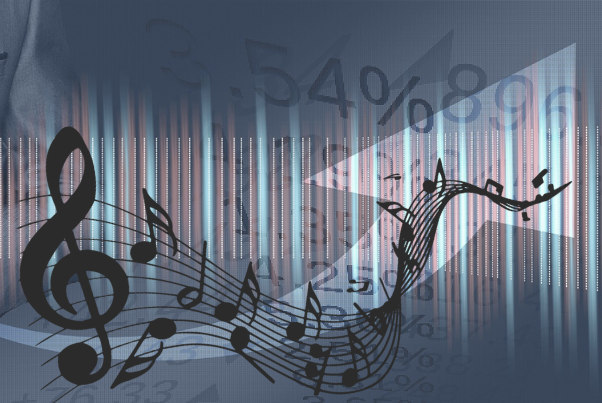Source: Devon Funds Management, Morning Note 01/08/2022
Stock markets rose again on Friday, capping off July’s massive rebound, which has brought relief to investors following the worst start to a year in over five decades. The S&P500 rose 1% on Friday for a 9.1% rise last month, the biggest monthly gain since November 2020. It was the best July for the broader index since 1939.
The tech-laden Nasdaq did even better with a gain of 12% in July, the strongest monthly gain since April 2020. Strong earnings from tech titans Amazon and Apple boosted sentiment on Friday. Amazon shares rallied 10% and finished up a somewhat incredible 27% in July (although they are still down 20% year to date).
The market’s incredible performance in July has the hallmarks of a reset by investors after a lot of bad news had been priced in. Concerns around inflation, interest rates and the economy remain, but the worst-case outcomes have yet to play out, and the future may also not be as bad as feared. Inflation could be peaking while softening patches in the economy have seen the Federal Reserve pivot to a more dovish stance.
The world’s largest economy contracted for the second quarter in a row, but to paraphrase Star Trek, “it’s a recession but not as we know it, Jim.” An obvious difference from a usual recession is a strong jobs market and an economy which created nearly 400,000 jobs last month. Consumers, while being more ‘choosy,’ are also still outspending on a variety of products and services, as highlighted by the current US earnings season.
On that note, the reporting season continues to deliver many more positives than negatives. Over 70% of S&P500 companies that have reported to date have beaten earnings expectations.
On Friday, Amazon beat quarterly revenue and earnings forecasts and gave an upbeat outlook for the rest of the year. Revenues rose 7% to US$121b, with the cloud computing business doing particularly well. Amazon was a massive pandemic beneficiary, but post the peak consumer spending boom; the company was left with excess warehousing and overstaffing. Investors were buoyed that the company is cutting back on costs, even while overall revenues are still inching higher. Amazon made a loss during the quarter (mainly due to an investment in EV maker Rivian) but expects operating income to be as much as US$3.5 billion in the current quarter.
There was a similarly upbeat update from Apple. The company saw revenues rise 2% to US$83 billion during the quarter, nearly half of which was iPhone sales. The company had warned that supply chain constraints would have a US$4 to $US$8 billion impact during the quarter, and in the end, it was less than US$4 billion. This was music to the ears of investors. On that note, Apple Music saw sales surge 12% to US$19.6 billion. Apple is also cutting costs, but customers are out there spending strongly on the company’s products and services, further contradicting the idea that we are in recession.
There continue to be some earnings misses to temper enthusiasm from getting overblown. Intel shares fell 8.6% after the company reported quarterly revenue of US$15.3 billion, which was well short of the US$17.9 billion expected. Earnings per share of 29 cents were well short of the 70 cents expected. It was the company’s largest top-line disappointment since 1999, with the semiconductor maker wearing the impacts of slower computer purchasing by corporates. The company lowered full-year guidance but provided a ray of light, with executives saying the chip-maker was “on the bottom.” The only way may be up, with Intel also putting through price increases.
The European economy is already off the bottom, it seems. Preliminary figures from Eurostat showed GDP grew 0.7% quarter on quarter in June when a tepid gain of 0.1% had been expected. While Germany lagged, Spain and Italy saw growth of 1%, while the French economy grew in the quarter when a contraction had been expected. An influx of tourists post lockdowns has also provided a boost to the Eurozone.
The Euro economy is dealing with challenges still (inflation has hit 8.9%), but like many places, a lot of bad news has been priced in. The Stoxx50 in Europe also had a strong month, rallying 7.6%. The FTSE100 in the UK added nearly 7% in July. Shares in UK bank Natwest surged 8% after earnings beat expectations, with higher rates boosting earnings while credit provisions were reduced. The Bank of England meets Thursday with a 50bps rate rise on the cards.
L’Oreal shares rose after reporting strong sales and plans to continue putting through price rises to offset higher production costs. Luxury good makers Hermes jumped 7% after reporting record earnings. Growth in the US was strong while China rebounded. The maker of Birkin bags (custom-made ones can go for US$100,000+) has maintained ambitious growth targets. What recession?
Disclaimer: This article only provides general information; it does not consider your personal needs or circumstances and is not intended to be viewed as financial advice. If you require financial advice, contact one of our financial advisers.

